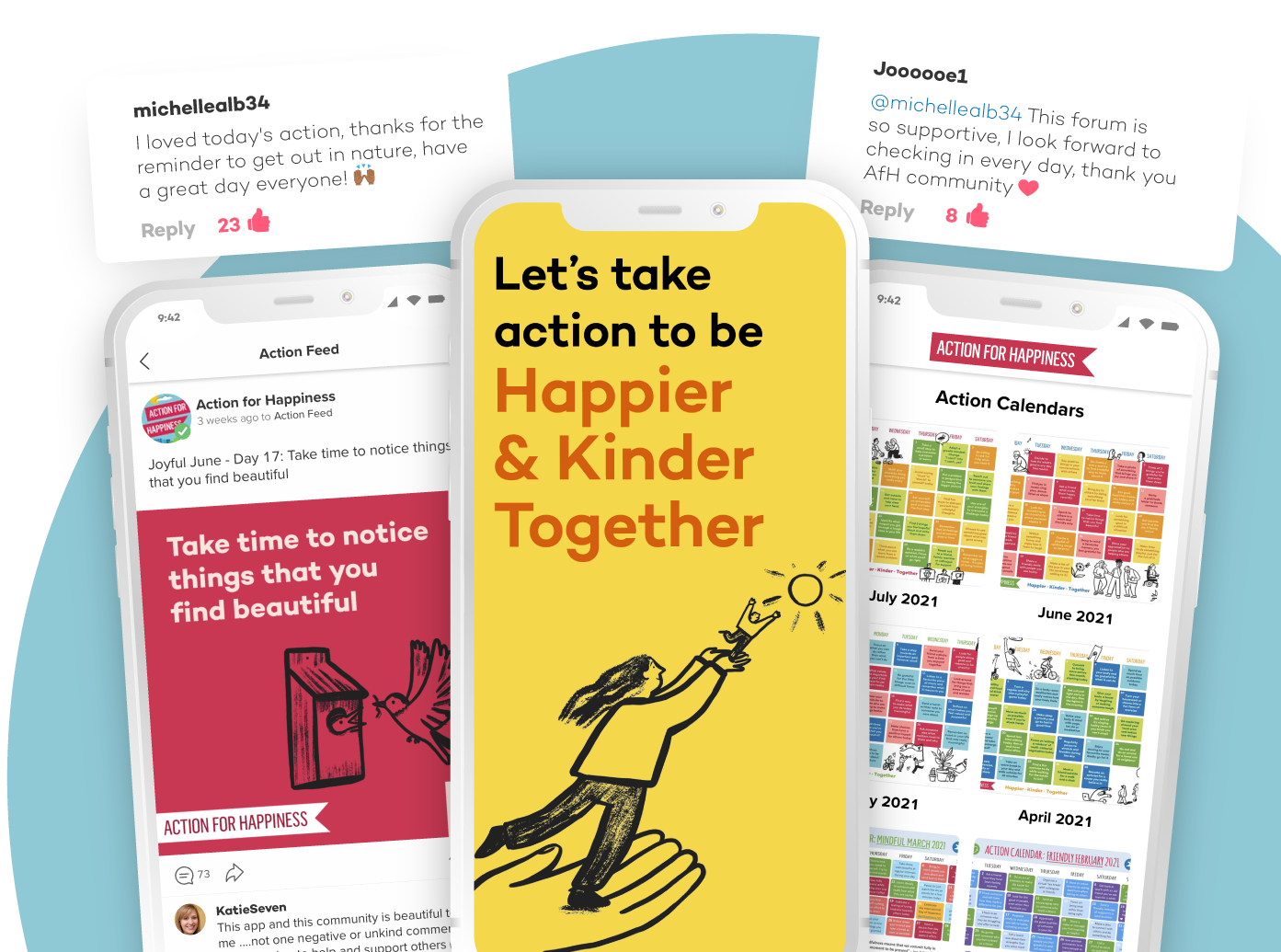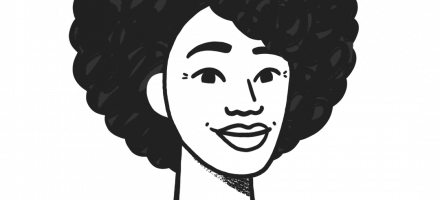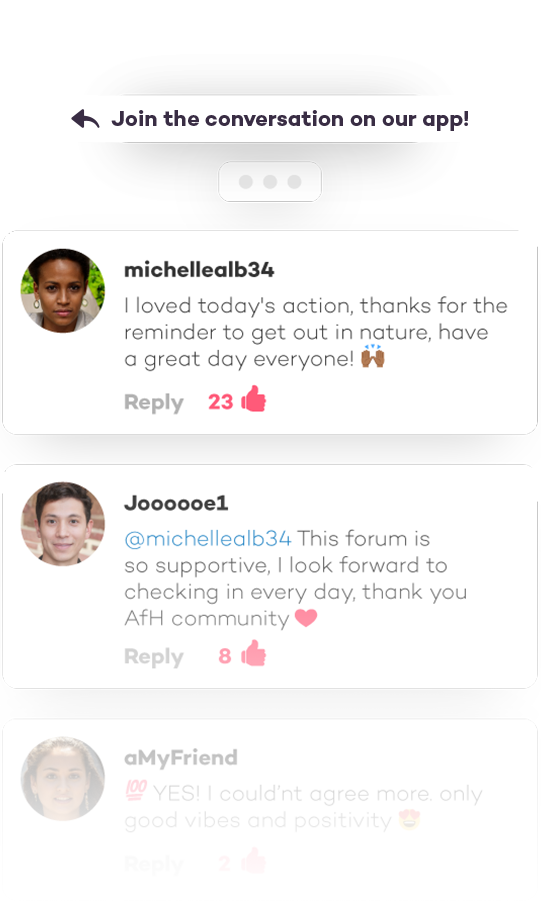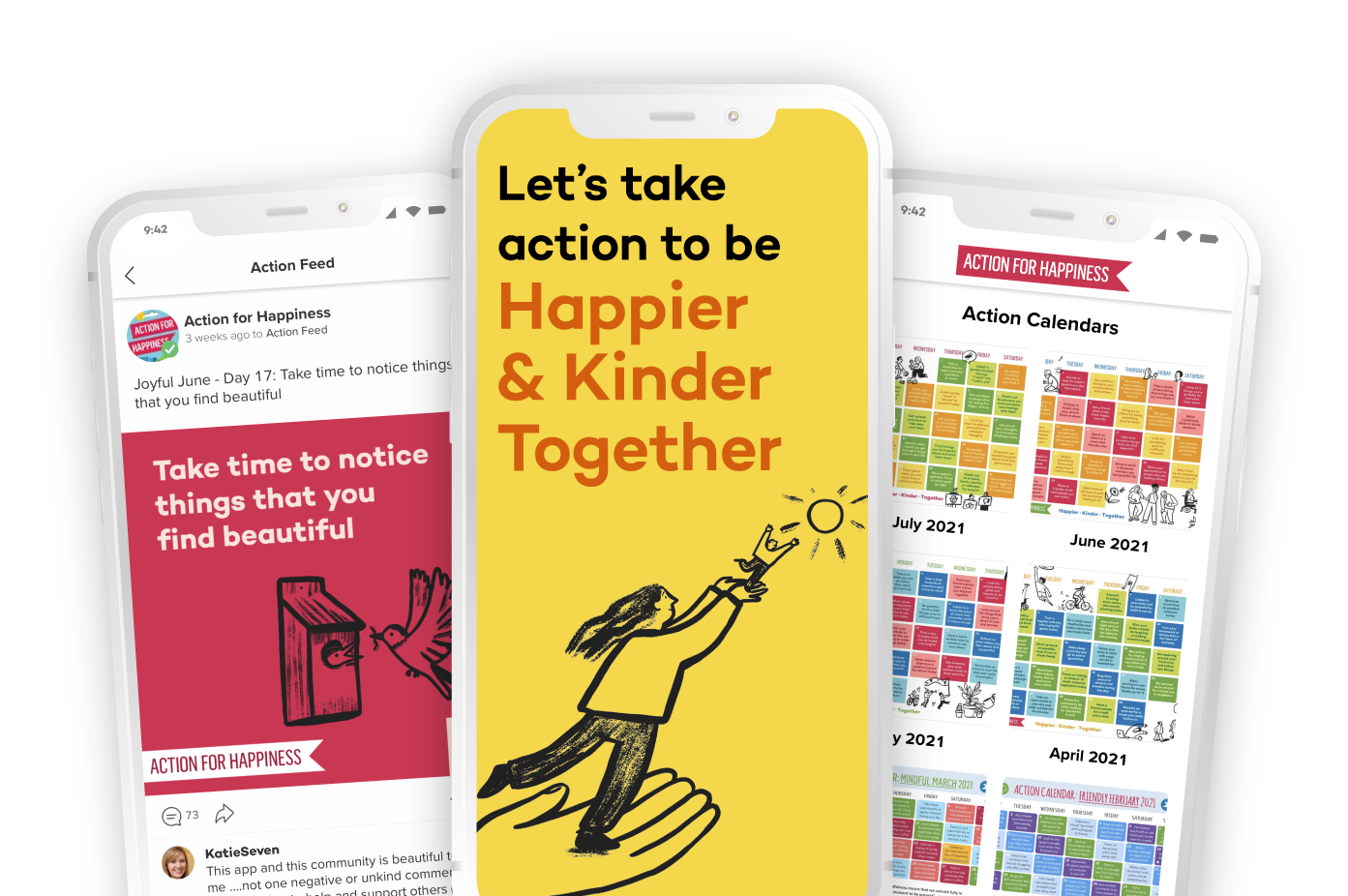For thousands of years, people have relied on ancient wisdom for ideas about how to live a happy life. Now, this has been put to the test by modern science and research has identified the practical actions you can take to feel happier.

Try our free 10-day program to learn how to be happy.

Although our genes and circumstances play an important role, happiness also depends on our choices and activities. Happiness is something we can cultivate by prioritising specific behaviours. We can change how happy we are by adjusting our approach to life, even in challenging times. Your actions matter and make a difference.
This page will help you learn about the Ten Keys to Happier Living and how you can put them into practice today. The Ten Keys are a menu, not a prescription, so feel free to pick and choose and use them however works for you. The most important thing is that you find ways to apply the knowledge in your life. Happiness is created by the actions we take. We can change how we feel by taking small daily actions at home, at school, at work and in wider society.
Happiness comes from doing things for others, having good relationships, being connected to others in community and feeling part of something bigger than ourselves. Happiness also comes from living a good life, finding meaning and purpose, trying new things, having goals to look forward to, moving our bodies, taking care of our health, and connecting with nature. Remember, no one can be happy all the time; indeed, real happiness comes from acknowledging and allowing all our feelings. Building resilience, finding ways to cope, and learning to look for what's good are key parts of happier living.
We believe that people's overall wellbeing is the 'ultimate good' and everything else in our society should contribute to this. Everything we value in life (such as health, fairness, freedom, the economy, the environment or anything else) matters because it contributes to the wellbeing of current and future generations. We want to build a world where happiness is at the heart of everything we do as individuals, communities, organisations and governments.
Ten Keys To Happier Living
Giving
Caring about others is fundamental to our happiness. Helping other people is not only good for them, it helps us too. It makes us happier and can help to improve our health. Giving also creates stronger connections between people and helps to build a happier society for everyone. And it's not all about money - we can also give our time, ideas and energy. When we do good, we feel good. Find out more about Giving.
> What have you done recently to make someone happy or to help others?
Relating
Our relationships with other people are the most important thing for our happiness. People with strong relationships are happier, healthier and live longer. Our close relationships with family and friends provide love, meaning, support and increase our feelings of self worth. Our broader social networks bring a sense of belonging. So it's vital that we take action to strengthen our relationships and make new connections. Find out more about Relating.
> What helps you stay close to the people that really matter?
Exercising
Our body and mind are connected. Being active makes us happier as well as being good for our physical health. It instantly improves our mood and can even lift us out of a depression. We don't all have to run marathons - there are simple things we can do to be more active each day. We can also boost our well-being by spending time outdoors, eating healthily, unplugging from technology and getting enough sleep! Find out more about Exercising.
> Which ways of being active and healthy do you really enjoy?
Awareness
Have you ever felt there must be more to life? Well good news, there is! And it's right here in front of us. We just need to stop and take notice. Learning to be more mindful and aware does wonders for our well-being, whether it's on our walk to work, the way we eat or in our relationships. It helps us get in tune with our feelings and stops us from dwelling on the past or worrying about the future - so we get more out of the day-to-day. Find out more about Awareness.
> What do you notice about where you are and how you feel right now?
Trying Out
Learning affects our well-being in lots of positive ways. It exposes us to new ideas and helps us stay curious and engaged. It also gives us a sense of accomplishment and helps boost our self-confidence and resilience. There are many ways to learn new things throughout our lives, not just through formal qualifications. We can share a skill with friends, join a club, learn to sing, play a new sport and so much more. Find out more about Trying Out.
> What have you learnt or tried out for the first time recently?
Direction
Feeling good about the future is really important for our happiness. We all need goals to motivate us and these have to be challenging enough to excite us, but also achievable. If we try to attempt the impossible this creates unnecessary stress. Choosing meaningful but realistic goals gives our lives direction and brings a sense of accomplishment and satisfaction when we achieve them. Find out more about Direction.
> What goal are you excited about and what's your next step towards it?
Resilience
All of us have times of stress, loss, failure or trauma in our lives. How we respond to these events has a big impact on our well-being. We often cannot choose what happens to us, but we can choose how we react to what happens. In practice it's not always easy, but one of the most exciting findings from recent research is that resilience, like many other life skills, can be learned. Find out more about Resilience.
> What has helped you bounce back from difficult times before?
Emotions
Positive emotions - like gratitude, contentment, inspiration, and pride - don't just feel good when we experience them. They also help us perform better, broaden our perception, increase our resilience and improve our physical health. So although we need to be realistic about life's ups and downs, it helps to focus on the good aspects of any situation - the glass half full rather than half empty. Find out more about Emotions.
> What good things have happened in your life recently?
Acceptance
No-one's perfect. But so often we compare a negative view of ourselves with an unrealistic view of other people. Dwelling on our flaws - what we're not rather than what we've got - makes it much harder to be happy. Learning to accept ourselves, warts and all, and being kinder to ourselves when things go wrong, increases our enjoyment of life, our resilience and our well-being. It also helps us accept others as they are. Find out more about Acceptance.
> How can you be kinder to yourself (like you would be to a friend)?
Meaning
People who have meaning and purpose in their lives are happier, feel more in control and get more out of what they do. They also experience less stress, anxiety and depression. But where do we find meaning and purpose? It might come from doing a job that makes a difference, our religious or spiritual beliefs, or our family. The answers vary for each of us but they all involve being connected to something bigger than ourselves. Find out more about Meaning.
> Which aspects of your life give you a sense of purpose?

Download the FREE Action for Happiness app for iOS or Android
Gives you friendly nudges with an action idea each day Sends you inspiring messages to give you a boost Helps you connect & share ideas with like-minded people








